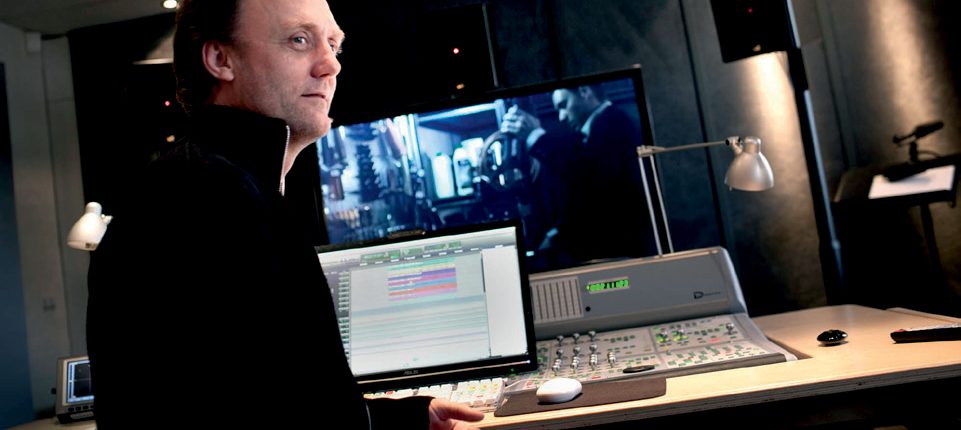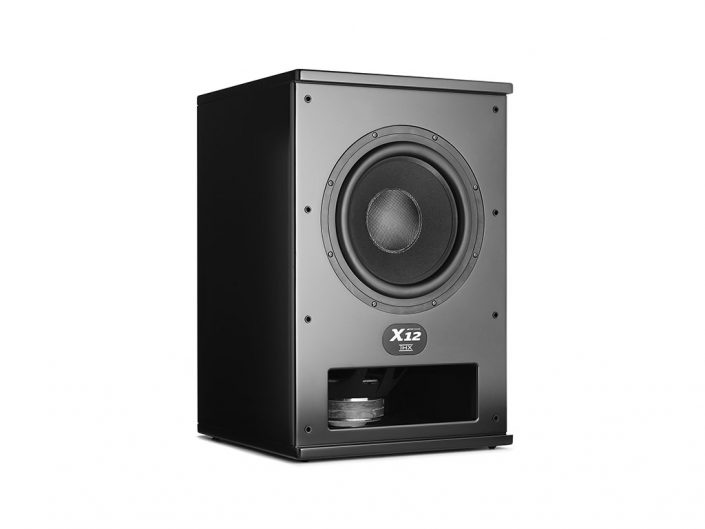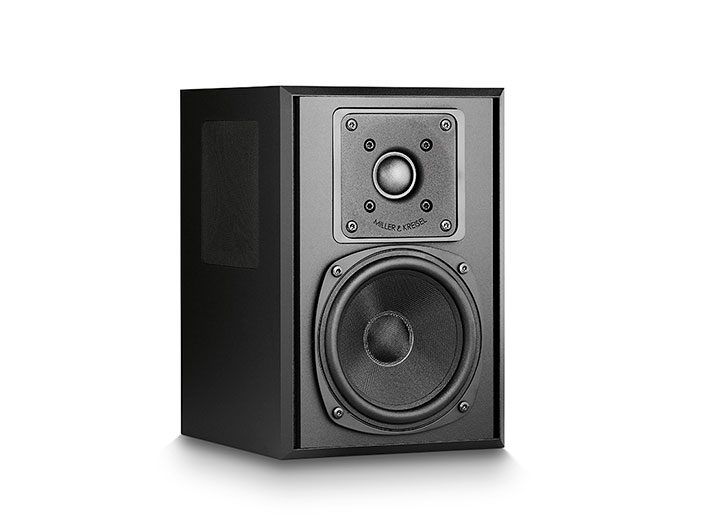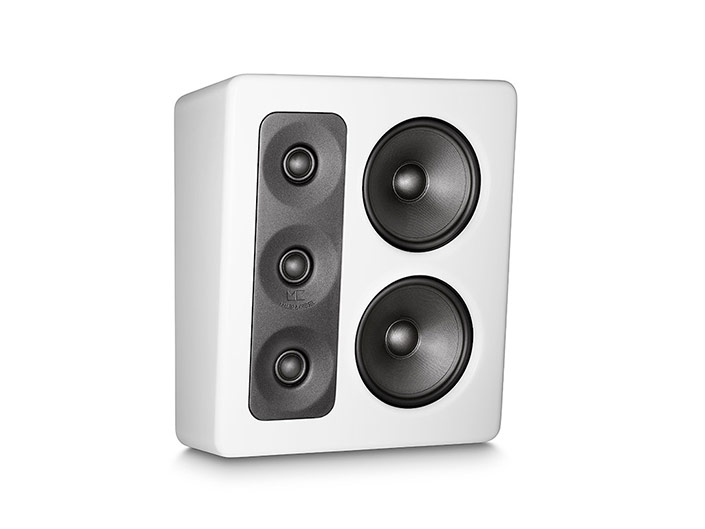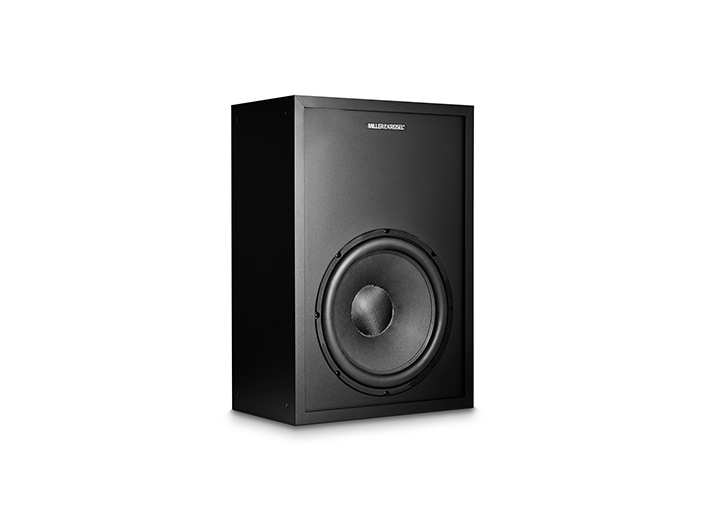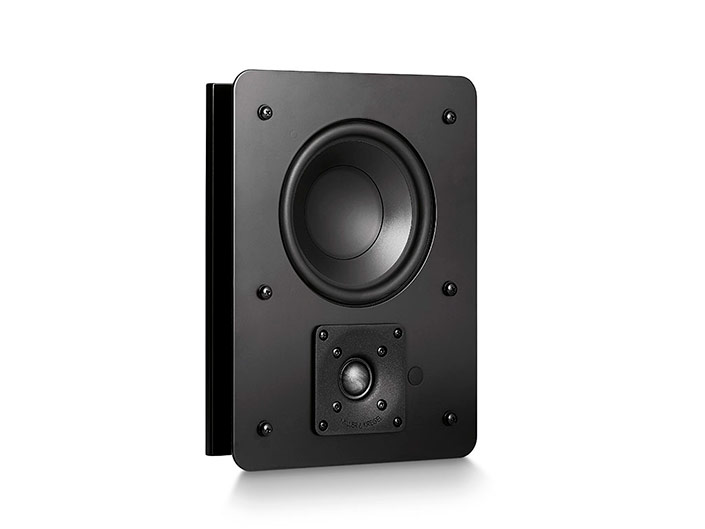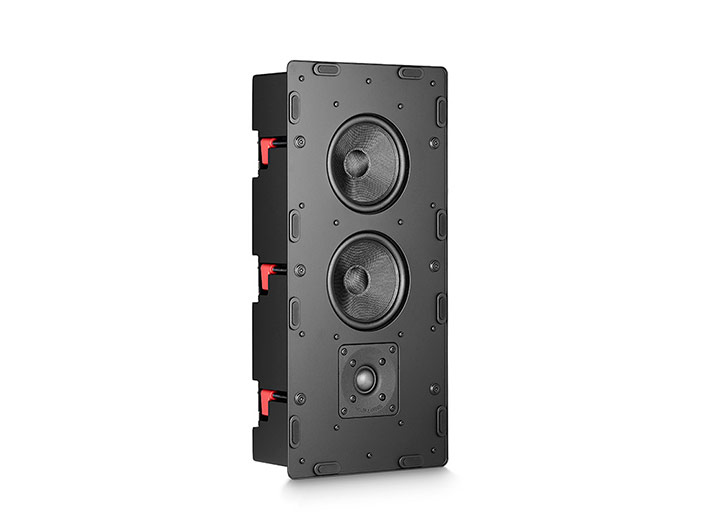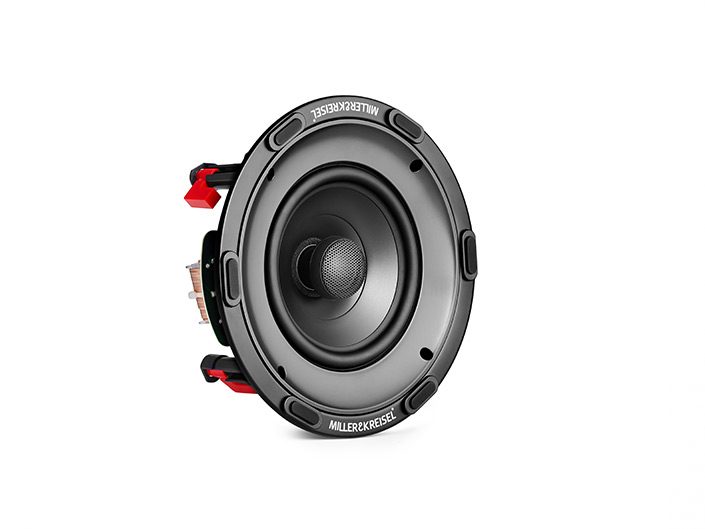Ludus Sound, Copenhagen, Denmark
Pro sound people tend to fall into two distinct groups – the auto-didacts who simply learn by doing and those professionally schooled in an academic environment. In either case, it’s how they hone their skills in the field that is of lasting importance.
Henrik Gugge Garnov and Nino Jacobsen, co-founders of Ludus Sound in Copenhagen, Denmark, took the academic path, training at the internationally acclaimed National Film School of Denmark. Founded in 1966, the school is a state institution supported by the Danish Ministry of Cultural Affairs, offering fouryear courses in film, TV, animation direction and a two-year scriptwriting course.
The school’s program is a broad mix of academic studies and hands-on practical training, including comprehensive exercises and actual productions. The students’ final projects are short films produced to a professional standard and presented on national TV.
Graduating in 1989 and 1991, respectively, the Ludus duo has high praise for their alma mater. Nino explains, “The school provides a solid foundation for almost any career in film and media. As far I know, there’s really nothing like it anywhere else in the world. In addition to learning your trade, you also build up an invaluable network for life. Gugge and I are a perfect example. We’ve been working together for many years!”
In the intervening years, the partners have become experienced masters of all aspects of audio production for broadcast and cinema. From sound editor, sound effects editor, sound re-recording mixer, sound designer, sound rerecording mixer, sound recordist, dubbing editor, sound mixer, dialogue editor to sound engineer, they have done it all. As one of the earliest Danish studios to migrate from analog mixing consoles to a fully computer-controlled work environment, Ludus remains on the cutting edge of broadcast and cinema sound as the company approaches its third decade.
Nino vividly recalls the biggest technological breakthrough in his time in the industry. “I was shocked the first time I experienced digital cinema. Audio was no longer a tiny, heavily compressed track running along the edge of a fragile piece of film. Loss-less audio without data reduction means that we get a truer impression of what’s going on in the mix. Suddenly, the viewer could experience the exact same master quality that we do in the studio.”
Having tried most of the major brands in studio monitors, Ludus found MK Sound an easy choice for all of their 5.1 rooms, based on 2510P fronts and 2525 surrounds:
“With other monitors, you burn time, money and energy trying to work around their obvious flaws and compensate for them.”
“Basically, the MK’s let us get it right the first time. The sound is neutral and natural, so mixes that work in one room will translate perfectly to other rooms without additional tweaking or compromises. No unpleasant surprises and no embarrassing do-overs also mean significant savings.”
Nino is so enamored with MK Sound that he has installed a set in his private listening room. He finds them a useful tool for promoting greater interest and respect for quality audio.


